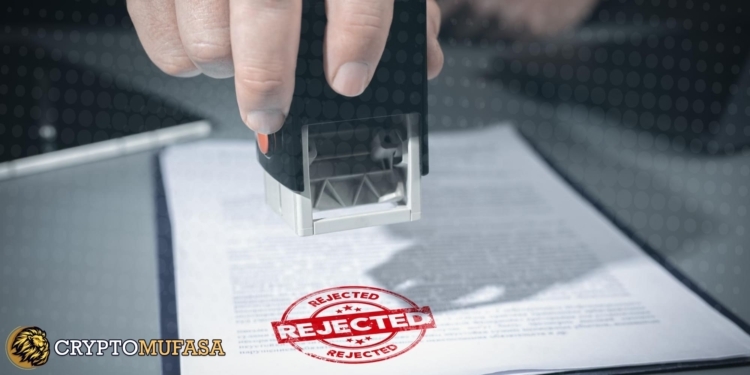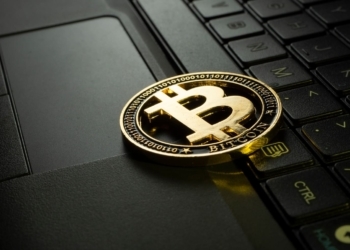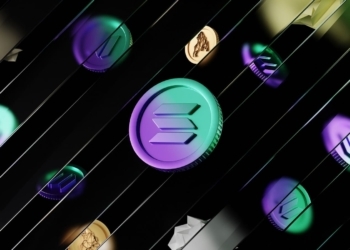In a recent regulatory move, the California Department of Financial Protection and Innovation (DFPI) has permanently revoked the lending license of BlockFi, two years post-bankruptcy. This decision comes following an extensive review and a settlement that prohibits BlockFi from engaging in what the DFPI deemed “unsafe practices.” The BlockFi license revoked situation serves as a warning to other financial firms.
License Revocation and Violations
The DFPI’s investigation into BlockFi found that the platform had violated key provisions of the California Financing Law (CFL). According to regulators, BlockFi’s lending practices fell short in several areas, notably by not evaluating borrowers’ repayment ability before loan approval, charging interest pre-disbursement, and inaccurately representing annual interest rates. Additionally, BlockFi failed to provide consumer credit counseling and didn’t report repayment histories to credit bureaus, further aggravating their position. Following the BlockFi license revoked action, many are questioning the future of digital lending platforms.
The DFPI clarified that this action was a necessary step to reinforce consumer protection laws in California. DFPI Commissioner Clothilde Hewlett emphasized the importance of balancing innovation with consumer safety, stating, “While we welcome financial innovation, companies must prioritize legal compliance and consumer protection.” With BlockFi license revoked, the DFPI aims to send a strong message.
Settlement Terms and Financial Penalties
As part of its agreement, BlockFi accepted the permanent license revocation and agreed to a $175,000 penalty. However, considering BlockFi’s ongoing bankruptcy proceedings, the DFPI waived the penalty payment to enable the platform to focus on repaying consumers.
BlockFi’s Turbulent Journey Since FTX Collapse
BlockFi’s financial struggles and its eventual bankruptcy were significantly influenced by the collapse of FTX in late 2022. FTX’s bankruptcy left BlockFi with substantial debt obligations and created a challenging financial landscape. BlockFi’s loan exposure to FTX US totaled $275 million, while it had also extended a $400 million credit line to FTX. The recent BlockFi license revoked announcement only added to the company’s woes.
Related: BlockFi Moves Closer To Repaying Customers As Court Gives The Nod
Despite these setbacks, BlockFi attempted to return some crypto assets to users earlier this year through Coinbase in an interim distribution plan. However, the company shut down its web platform in May 2024, permanently ending user access to its services.
Future of Digital Lending Regulations
The case highlights a growing emphasis by regulators on protecting consumers in digital asset lending. California’s strict stance reflects a larger trend of increased scrutiny on crypto platforms to comply with traditional finance rules. The DFPI’s actions may set a precedent, underscoring the need for rigorous compliance as the digital finance landscape continues to evolve.












Discussion about this post